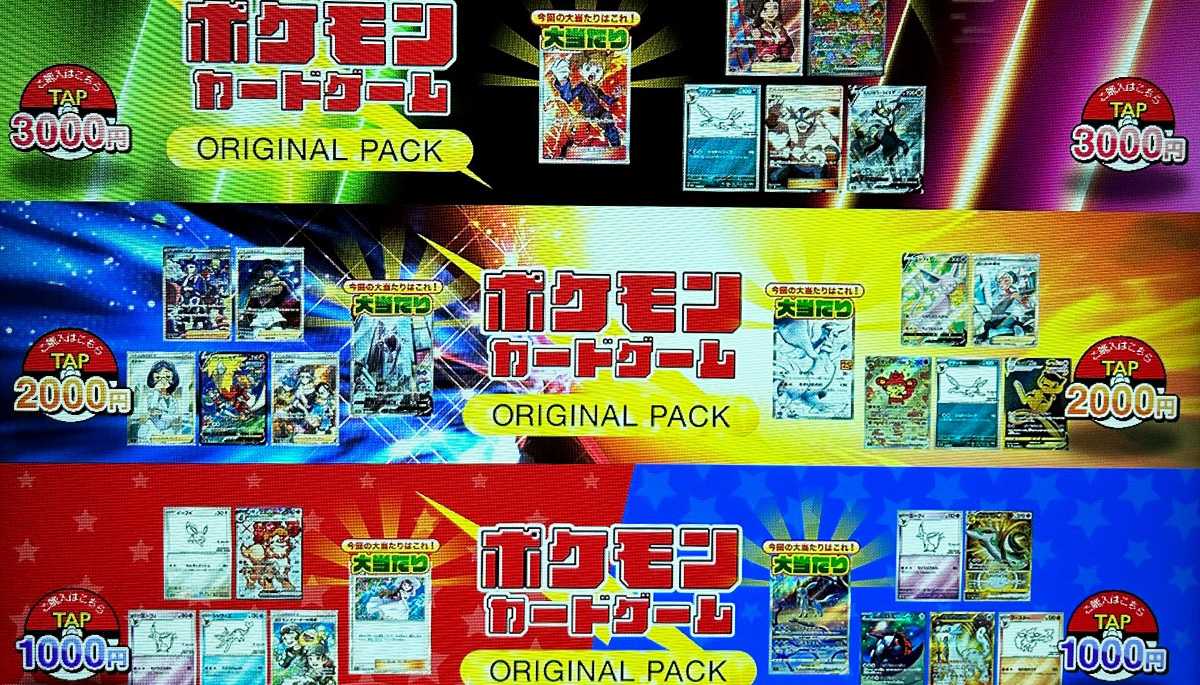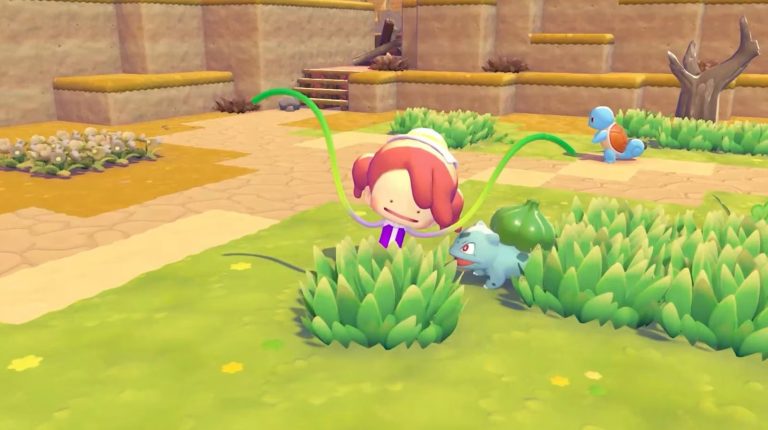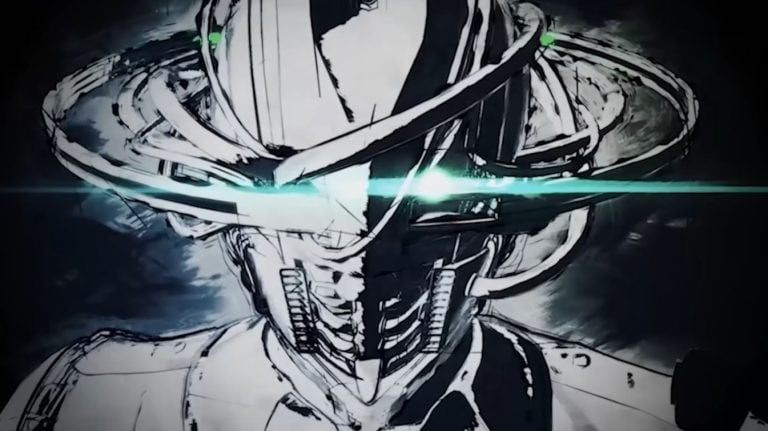The Kyoto Municipal Transportation Bureau recently announced on their official Twitter account that a vending machine selling Pokémon Trading Card Game cards has been installed in the Kyoto City Subway Station. The news has since caused an onslaught of negative reactions from the public, with users criticizing the fact that a public enterprise is endorsing the sales of so called “oripa” (original packs) of Pokémon cards, which many find questionable morally and legally.
A #Pokemon #TradingCard vending machine is now available at Kyoto City Subway Station, across the ticket machine!
This is the first machine of its kind installed in Kyoto City Subway and it is selling original packs.
You might just come across a rare card! How exciting!
We welcome you to come get your #Pokemon cards!
A vending machine selling Pokémon cards seems innocent enough at first glance, so what exactly is causing such an outrage from the public? The answer lies in the term “original pack.” Original packs are packages of trading cards which are put together and sold from sources other than the original manufacturer, such as trading card shops or other individuals. In the case of Pokémon cards, the official card packs distributed by The Pokémon Company all have a defined number of cards in them and the contents and price of the packs are predetermined and known. They are also available in limited amounts, which lowers the possibility of bulk buying.
On the other hand, the unofficial original packs have no such regulations – the manufacturer chooses the combinations of cards in the packs freely and they are unknown. The prices of these packs are not fixed either. Why then, does anyone buy these original packs in the first place? Since you can’t know what cards are inside an original pack until you buy and open it, this creates a “lucky draw” element. In other words, the possibility of coming across a super high-value rare card is what makes them attractive. But since packs containing them are few in numbers, one has to buy many a pack before stumbling across a rare card.
Aside from the fact that they stimulate bulk buying and behavior close to gambling, these original packs are also infamous for frequent cases of dishonesty on the manufacturer’s part. One example is of manufacturers emphasizing a certain number of rare card-containing packs in a vending machine, but the number actually representing the number of such packs in the whole production lot, meaning that one can possibly empty an entire vending machine and not come across a single rare card. (Source: Nikkan SPA)
These factors are likely what contributed to the public’s shock at Kyoto’s Municipal Transportation Bureau placing such a vending machine in the city’s public subway station. The original packs sold in the vending machine contain five cards and are priced from about 7$ to 20$ depending on the rarity of the potentially present “winning card.”
According to a report by FNN Prime, the reason the City of Kyoto made this unexpected move was the tough financial situation the city is currently in. The Kyoto Municipal Transportation Bureau is apparently in a large deficit, caused by the sudden and prolonged decrease of passengers during the COVID crisis. The city selected a bid by a local IT company that presented the idea of using the empty space in subway stations to install trading card vending machines, with the idea of over 5% of the sales profits going to the city.
Nonetheless, users were shocked at the lack of research and risk assessment in the project, and many expressed disappointed that the city of Kyoto, where itself Nintendo was founded, would be involved in the sales of products that are essentially detrimental to the franchise.





